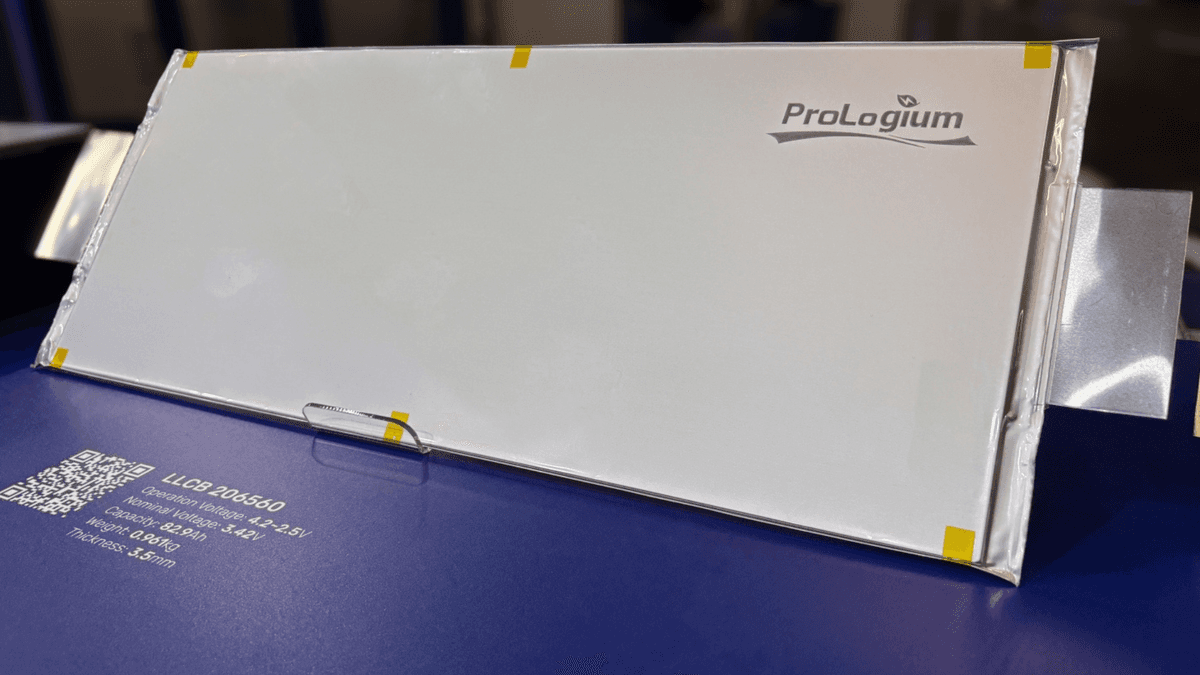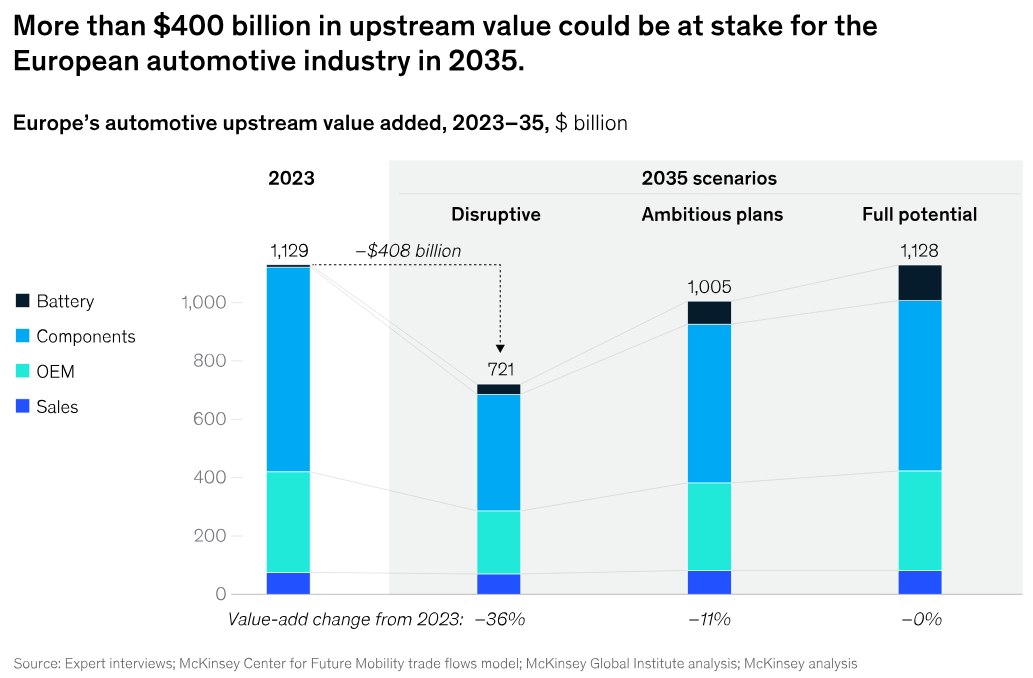The Weekly Potential #7
This week in the energy and materials industries: 300 Wh/kg LFP cells, 100% silicon anodes, Africa's lithium mines, Northvolt's struggles, Europe's troubles with EVs, developing human capital.
Welcome to the 7th edition of The Weekly Potential, a newsletter dedicated to providing insights into the energy and materials industries. This week we are diving into 300 Wh/kg LFP cells, Northvolt’s ray of hope, 100% silicon anodes, Africa’s lithium mines and the biggest BESS project in Europe, among others.
In other news, there is a push for a standardized pan-european ‘EU Inc' corporate structure to help form a true single market. Read about more about it and sign the petition at https://www.eu-inc.org/.
Let's dive in! 🔋
Lithium Horizons is a reader-supported publication. For deeper insights, including in-depth analysis, the latest developments, and expert insights into the energy and materials industries, subscribe below.
Industry Developments
Hyundai is working on developing a lithium iron phosphate (LFP) battery with an energy density of 300 Wh/kg, aiming to surpass the current benchmarks of around 200 Wh/kg set by manufacturers like BYD and CATL. This ambitious project involves collaboration with the likes of Samsung SDI and LG Energy Solution to localize battery production and reduce reliance on foreign battery technology. Hyundai's initiative aims to make EVs more affordable and efficient, targeting entry-level to mid-range vehicles. It is part of a $7 billion investment to develop LFP, NCM, and all-solid-state batteries.
Northvolt closes in on a $300 million rescue package to stave off immediate collapse. This financial lifeline, backed by a mix of shareholders, lenders, and customers aims to stabilize Northvolt's operations, which have been strained by rapid expansion and fierce competition from Asian battery giants. Discussions are in the final stages, though there remains some risk they can still fall apart. Still, Northvolt has managed to pay its €26 million tax bill last week.
Giga Storage, a Dutch energy storage developer, has contracted Sweco to design one of Europe's largest battery energy storage systems (BESS) in Belgium at 2.8GWh. This project, known as the Green Turtle, is set to begin construction in 2025 with completion targeted by 2028. It will be built in Dilsen-Stokkem, in the Belgian province of Limberg, and will store surplus wind and solar PV energy, contributing to Belgium’s energy mix. This development is part of a broader trend where BESS technologies are increasingly becoming pivotal in managing grid stability and promoting the integration of renewable energy into the electrical grid.
ProLogium Technology has introduced a 100% silicon composite anode battery at the 2024 Paris Motor Show, setting new benchmarks in electric vehicle battery technology. This innovation boasts an energy density of 749 Wh/L and 321 Wh/kg, with projections to reach 823 Wh/L and 355 Wh/kg by year-end. The anode allows for exceptional fast-charging capabilities, enabling the battery to charge from 5% to 60% of state of charge in just 5 minutes, thereby adding ca. 300 km of driving range.

Source: Interesting Engineering Atlantic Lithium Ltd. is advancing its flagship Ewoyaa Lithium Project in Ghana, anticipated to be the country's first lithium mine. This project, situated in western Ghana, has been granted final regulatory approvals including a mine operating permit, awaiting only parliamentary ratification of the lease to commence construction. The Ewoyaa project is set to produce 3.6Mt of spodumene concentrate over a 12-year mine life, making it one of the world's largest spodumene concentrate producers. This development underscores Atlantic Lithium's significant role in positioning Ghana as a key player in the lithium market, with first production expected in Q2 2025.
Paper of the Week
McKinsey’s Europe’s economic potential in the shift to electric vehicles article discusses key challenges and opportunities that the electric vehicle disruption has brought to the European automotive industry. The article highlights that based on current trends, European production value added could drop by $400 billion over the next decade.
Yet, the analysis suggests that it is possible for European business and government leaders to repeat their ICE expertise in a fully BEV world by gaining greater control over the EV ecosystem.
On the Go
Redefining Energy talks to Dr. Simon Engelke, Chair of Battery Associates, to make sense of the collapsing battery prices, Chinese dominance, and developing the human capital for the battery industry.
Read More
Thank you for reading. If you found the post interesting, consider sharing it with your network and subscribing. Such actions help spread the knowledge and support Lithium Horizons.








